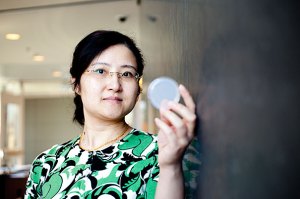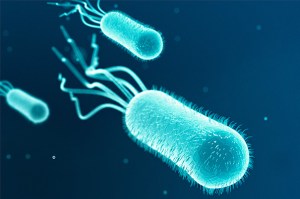Tag: E. coli
-
Campus & Community
Howard Curtis Berg, 87
At a meeting of the Faculty of Arts and Sciences on March 7, 2023, the following tribute to the life and service of the late Howard Curtis Berg was spread upon the permanent records of the Faculty.
-
Health
Probiotic hydrogels heal gut wounds that other treatments can’t reach
Harvard researchers have developed hydrogels that can be produced from bacterial cultures and applied to intestinal surfaces for faster wound healing.
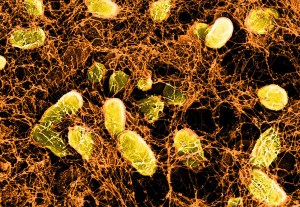
-
Science & Tech
Solving colibactin’s code
In an effort to understand how colibactin, a compound produced by certain strains of E. coli, may be connected to the development of colorectal cancer, Harvard researchers are exploring how the compound damages DNA to produce DNA adducts.
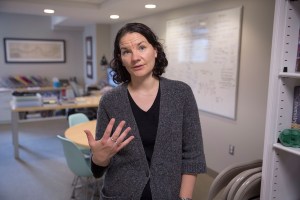
-
Health
How new biosensors turn E. coli into something valuable
New biosensors developed by Wyss Institute core faculty member George Church enable complex genetic reprogramming of common bacteria like E. coli and could be leveraged for sustainable biomanufacturing, using the metabolic processes of bacterial cells to generate valuable chemicals and fuels.

-
Health
Evolution in real time
After 26 years of workdays spent watching bacteria multiply, Richard Lenski has learned that evolution doesn’t always occur in steps so slow and steady that change can’t be observed.
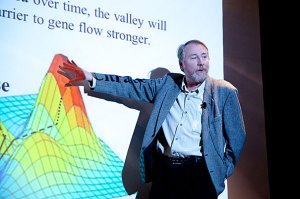
-
Health
A hidden genetic code
For decades, scientists wondered whether there was some subtle difference between parts of the genetic code that, while different, appear to encode the same amino acid. Harvard researchers now have the answer.
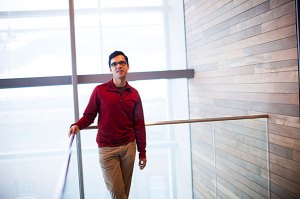
-
Health
Synthetic future
In the synthetic biology lab of Professor Pamela Silver, researchers are looking for ways to make biological engineering faster, cheaper, and more predictable.
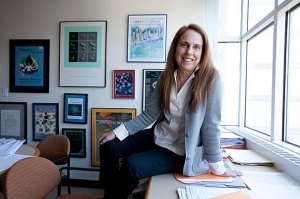
-
Health
What makes a worm say ‘yuck’
Researchers at Harvard-affiliated Massachusetts General Hospital have uncovered a new way that animals detect pathogens, by detecting disruptions of critical cellular processes.
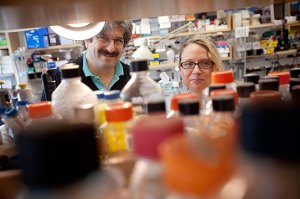
-
Health
Why some TB cells resist antibiotics
A new study led by Harvard School of Public Health researchers provides a novel explanation as to why some tuberculosis cells are inherently more difficult to treat with antibiotics.

-
Health
Speeding up biomolecular evolution
Scientists at Harvard University have harnessed the prowess of fast-replicating bacterial viruses, also known as phages, to accelerate the evolution of biomolecules in the laboratory.
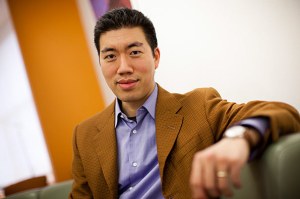
-
Health
‘Circuits of sense and sensibility’
A Harvard biologist succeeds in mapping a neural network for learned olfactory behavior, using a roundworm model to trace the dislike of a particular smell to the reaction that avoids it.
